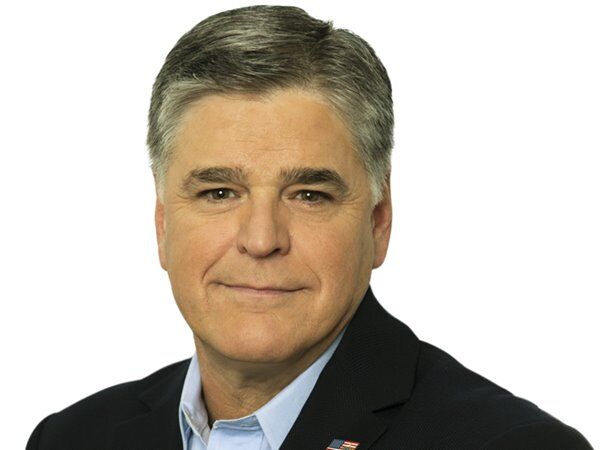US prosecutor in Wyoming promises crackdown on pot in national parks and on other public lands
News > Politics & Government News

Audio By Carbonatix
5:20 PM on Friday, November 14
By MEAD GRUVER and MATTHEW BROWN
FORT COLLINS, Colo. (AP) — Getting high around a campfire in a national park, especially in Wyoming, is likelier to get you prosecuted under a new Justice Department policy cracking down on minor marijuana offenses on federal land.
The new guidance for marijuana on federal land reverses a policy from the end of Joe Biden's presidency that “significantly curtailed” federal prosecution of misdemeanor marijuana offenses, according to U.S. Attorney for Wyoming Darin Smith.
“I want to make it clear for all of our law enforcement partners and everybody out there that we are, we have been, and will continue to enforce these laws,” Smith said Thursday.
Smith has been implementing the new Justice Department marijuana policy since it came out in late September, he said. His office and the Justice Department in Washington, D.C., declined to provide the document or the previous policy to The Associated Press.
Wyoming is home to two busy national parks, Yellowstone and Grand Teton, and like many Western states has thousands of square miles (kilometers) of federal land where the policy applies.
How many citations for marijuana are issued among the two parks' more than 8 million visitors each year wasn't readily available. Smith, who was sworn in as Wyoming's U.S. attorney in August, said his office handles thousands of cases and hasn’t tracked recent minor marijuana prosecutions.
Under state law, marijuana has remained illegal in Wyoming for either recreational or medical use. Marijuana is legal for medical use in most states and legal for recreational use in about half of states.
But marijuana on federal land — be it a national park, national forest, or U.S. Bureau of Land Management area overseen on a day-to-day basis by federal law enforcement — is another matter. Federal law still classifies marijuana alongside substances such as heroin and LSD as a Schedule I drug considered to have high potential for abuse and no accepted medical benefit.
The Interior Department, which oversees national parks through the National Park Service and federal law enforcement on tribal lands through the U.S. Bureau of Indian Affairs, declined by email to comment on the new policy other than saying it continued to enforce controlled substance laws.
The federal change comes as President Donald Trump's administration seeks to reduce prosecution of some minor offenses in national parks. On Monday, for example, Trump pardoned a runner who left a trail during a record ascent and descent of Grand Teton, the highest peak in Wyoming's Teton Range.
The new marijuana policy's practical effect will remain dictated by resources — namely how many law enforcement officers are available — to investigate marijuana offenses, said Laurie Levenson, a Loyola Marymount University professor and former federal prosecutor.
“What it means, though, is it gives a lot of discretion back to the federal law enforcement and rangers to decide if they want to bring charges,” Levenson said.
More enforcement might be possible after the Interior Department announced Friday it was recruiting “500 highly qualified, experienced law enforcement officers” to work for the National Park Service.
How federal prosecutors in other states were implementing the new policy was unclear. Spokespeople for the U.S. attorneys in Arizona and Montana did not return messages seeking comment. The U.S. attorney's office in Colorado declined to comment.
Charging and prosecuting minor marijuana offenses can be useful for investigations into more serious crimes, said Riana Durrett, director of the University of Nevada-Las Vegas Cannabis Policy Institute.
“Maybe that is not at play here but it could be,” Durrett said by email.
A representative of the marijuana legalization advocacy group NORML downplayed the policy's significance, saying federal authorities never stopped enforcing marijuana laws under the Biden administration.
“That said, it seems like a misplaced use of limited federal resources for the Trump administration to engage in ‘rigorously prosecuting’ those who possess small amounts of cannabis on federal lands,” NORML Deputy Director Paul Armentano said in an email.
Trump in August said he was weighing changes to how the drug is regulated, stating that he had heard “great things” about medical use of marijuana but “bad things having to do with just about everything else.”
Biden in 2023 pardoned thousands of people who were convicted of use and simple possession of marijuana on federal lands and in the District of Columbia. The pardons followed longstanding criticism of 1994 crime legislation that Biden supported while in the Senate that increased arrest and incarceration rates for drug crimes, particularly for Black and Latino people.
___
Brown reported from Billings, Montana. Colleen Slevin in Denver and Jacques Billeaud in Phoenix contributed.










